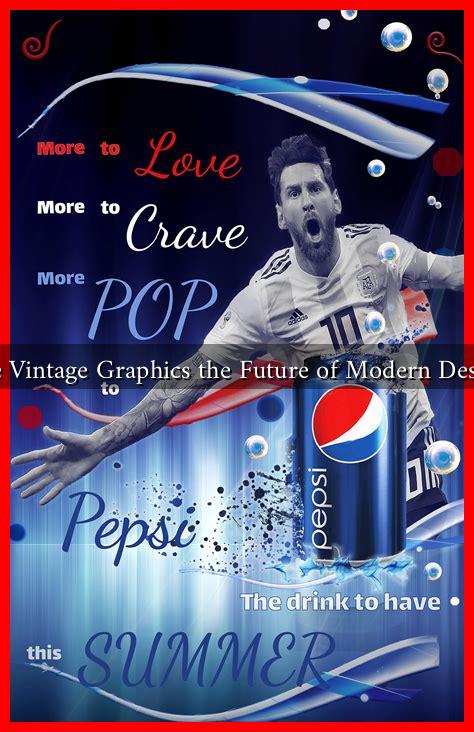-
Table of Contents
Are Vintage Graphics the Future of Modern Design?
In an era dominated by sleek lines, minimalism, and digital aesthetics, a surprising trend is emerging: the resurgence of vintage graphics. This retro revival is not merely a nostalgic nod to the past; it represents a significant shift in modern design philosophy. As designers and brands seek to differentiate themselves in a saturated market, vintage graphics are proving to be a compelling choice. But what is driving this trend, and how might it shape the future of design?
The Allure of Nostalgia
Nostalgia plays a powerful role in consumer behavior. According to a study published in the journal *Psychological Science*, nostalgic feelings can enhance mood and increase feelings of social connectedness. This emotional connection is a key reason why vintage graphics are gaining traction in modern design.
- Emotional Resonance: Vintage graphics evoke memories and feelings associated with simpler times, making them appealing to a wide audience.
- Unique Identity: In a world where many brands look similar, vintage graphics help create a distinctive identity that stands out.
- Timelessness: Many vintage designs have a timeless quality that can transcend trends, making them relevant for years to come.
Case Studies: Brands Embracing Vintage Aesthetics
Several brands have successfully integrated vintage graphics into their design strategies, demonstrating the effectiveness of this approach.
- Levi’s: The iconic denim brand has frequently revisited its heritage through vintage-inspired graphics in its marketing campaigns, appealing to both older and younger generations.
- Pepsi: In 2016, Pepsi launched a retro logo as part of its “Pepsi Generation” campaign, tapping into nostalgia while attracting a new audience.
- Airbnb: The company’s branding often incorporates vintage-style illustrations, creating a warm and inviting atmosphere that resonates with travelers seeking unique experiences.
The Role of Technology in Vintage Design
Interestingly, the rise of digital design tools has made it easier than ever to create vintage graphics. Software like Adobe Illustrator and Procreate allows designers to replicate retro styles with precision and ease. Additionally, the internet has made it possible to access a wealth of vintage design resources, from typography to color palettes.
- Accessibility: Designers can find inspiration and resources online, making vintage styles more accessible than ever.
- Customization: Digital tools allow for easy customization of vintage designs, enabling brands to tailor them to their specific needs.
- Collaboration: Online platforms facilitate collaboration among designers, leading to innovative interpretations of vintage styles.
Statistics Supporting the Trend
Several statistics highlight the growing popularity of vintage graphics in modern design:
- According to a survey by *The Harris Poll*, 78% of consumers feel more positively about brands that incorporate nostalgic elements into their marketing.
- A report from *Pinterest* revealed that searches for “vintage design” increased by 75% in 2022, indicating a growing interest in retro aesthetics.
- Data from *Adobe* shows that 60% of designers are incorporating vintage elements into their work, reflecting a significant shift in design trends.
Challenges and Considerations
While the vintage graphics trend is promising, it is not without its challenges. Designers must be cautious to avoid falling into clichés or overusing retro elements, which can lead to a lack of originality. Additionally, brands must ensure that their use of vintage graphics aligns with their overall identity and message.
Conclusion: A Harmonious Blend of Past and Present
As we look to the future of modern design, it is clear that vintage graphics are not just a fleeting trend but a significant movement that resonates with consumers on multiple levels. The emotional connection, unique identity, and timeless appeal of vintage aesthetics make them a powerful tool for brands seeking to stand out in a crowded marketplace. By embracing this retro revival, designers can create compelling visuals that honor the past while paving the way for innovative future designs.
In summary, the fusion of vintage graphics with modern design principles offers a rich tapestry of possibilities, inviting both nostalgia and creativity into the contemporary design landscape. As this trend continues to evolve, it will be fascinating to see how brands leverage vintage aesthetics to connect with audiences in meaningful ways.
For more insights on design trends, visit Adobe’s Design Trends.

